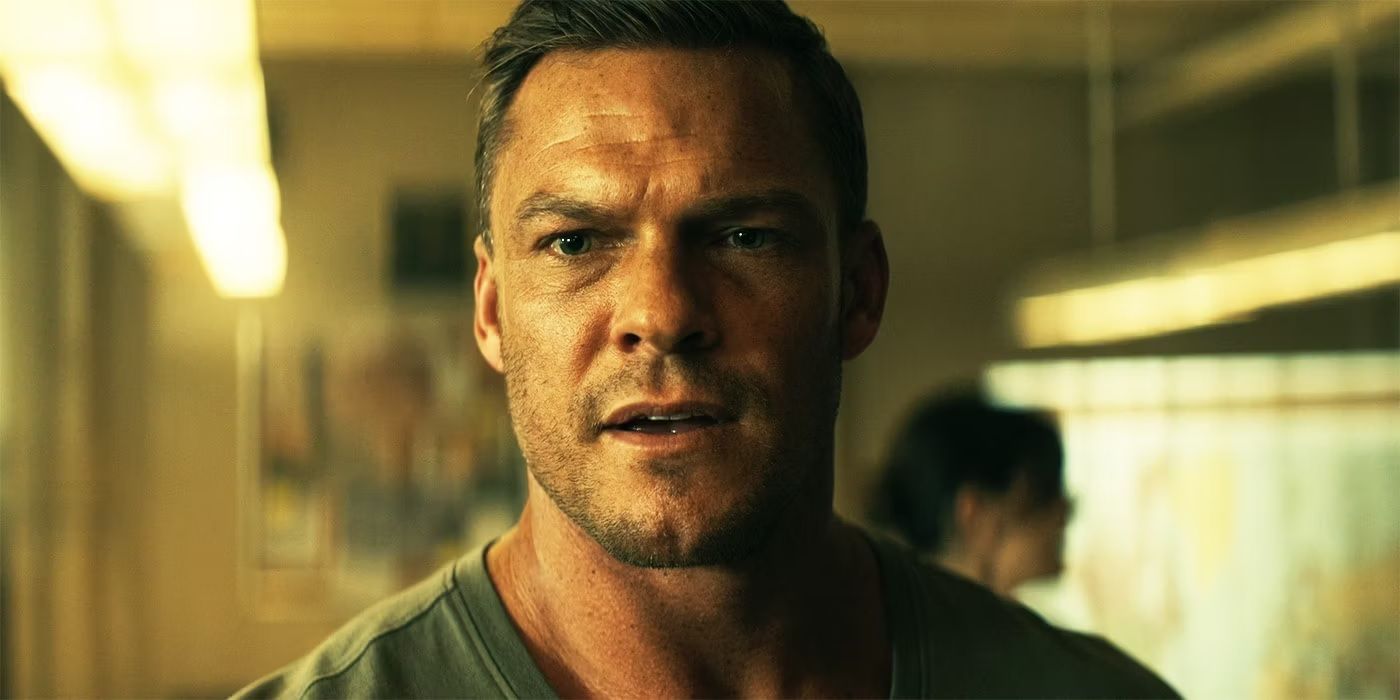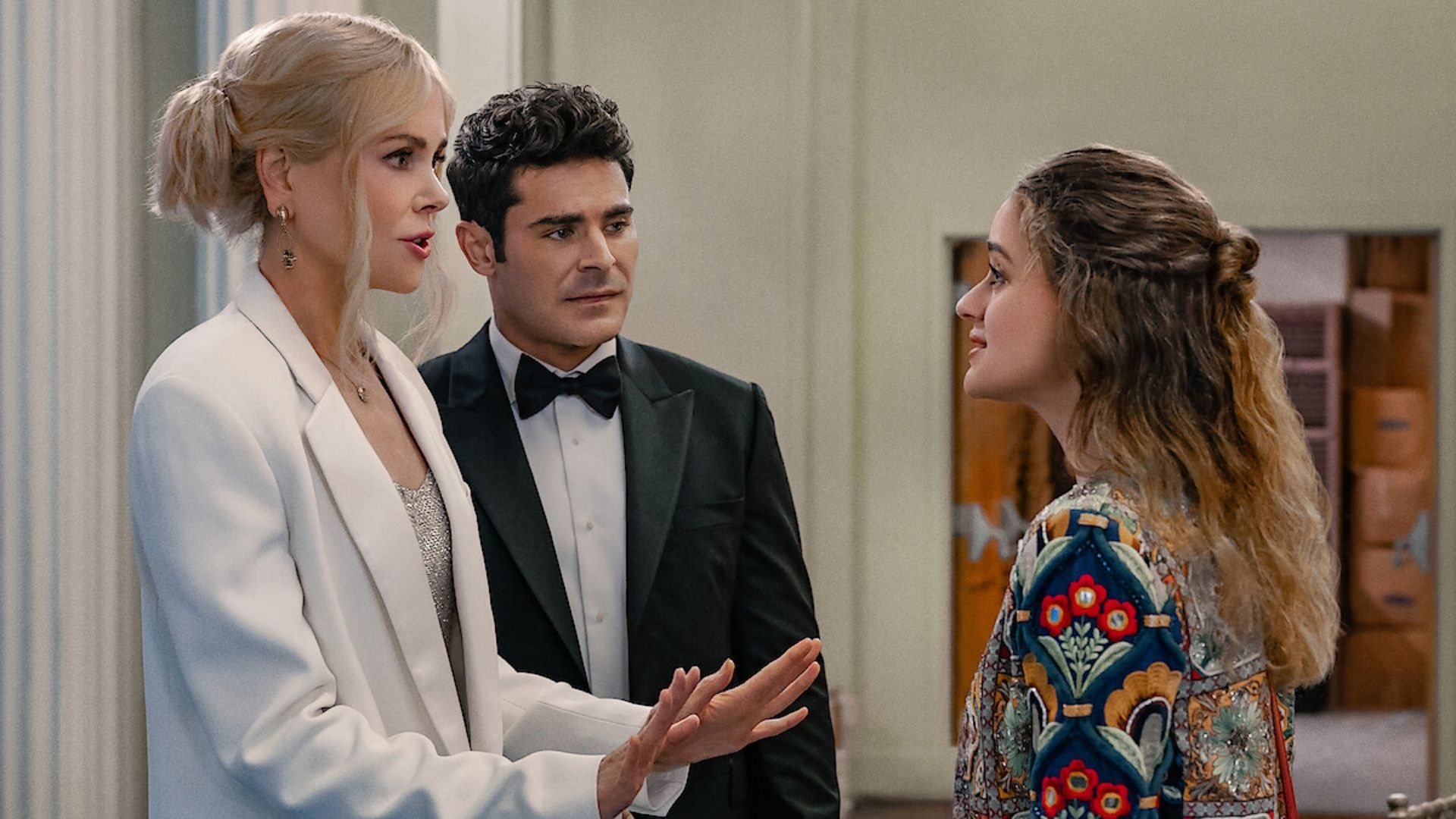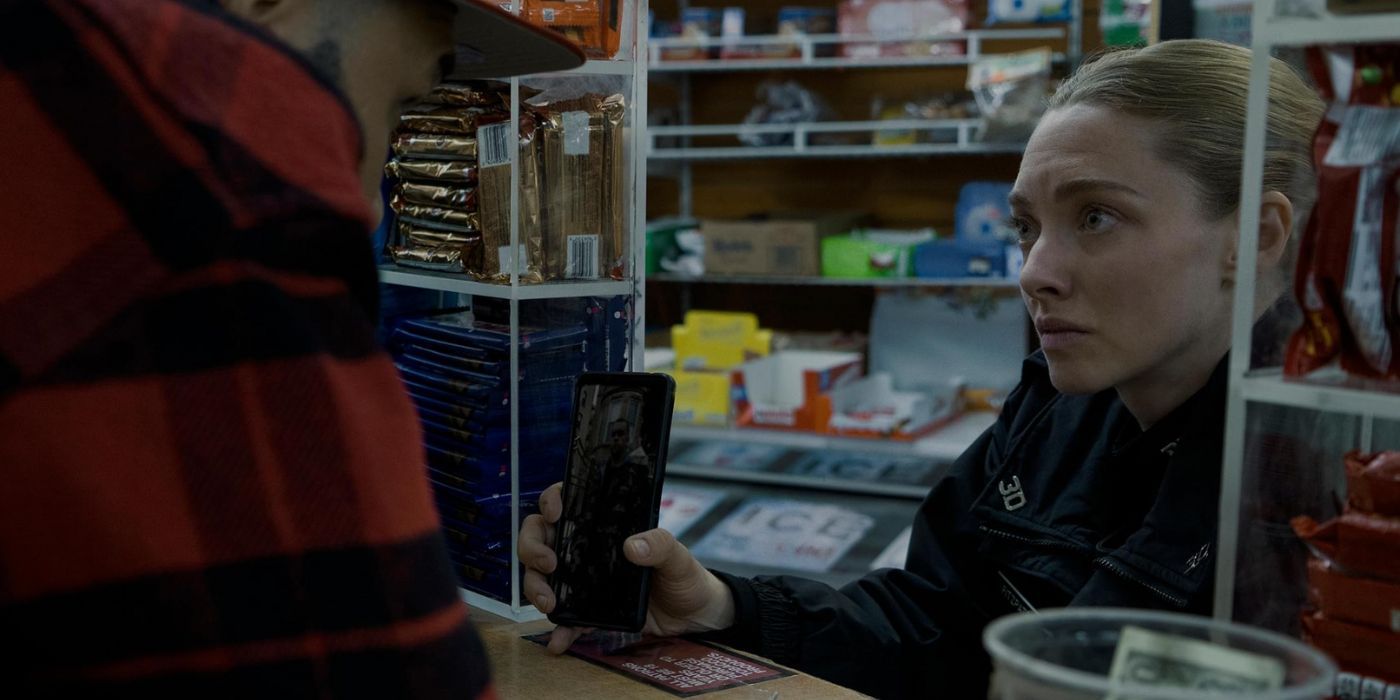The theater program is an oasis from all of that. “We’re here to be human again,” one participant says. It’s also a place where the effectiveness of art as a tool of enlightenment can be demonstrated just by showing a bunch of actors doing their thing.
Paul Raci, who was so memorable as the hero’s mentor in “The Sound of Metal,” is a measured and understated but strong presence as the group leader who has to wrangle all of the egos assembled in front of him every week. He has an ego himself: the movie doesn’t get into the details, but it’s inferred that he writes all of the original plays performed by the group, that while he takes suggestions for what types of material to combine, it’s ultimately his show, and he has to go off and struggle with the blank page just like any other author.
There’s a bit of tension courtesy of a dynamic but edgy and sometimes combative new troupe member, Divine Eye. He’s played by Clarence “Divine Eye” Maclin, who went to Sing Sing for armed robbery in real life and is playing a fictionalized version of himself here. At first, it seems as if the movie is setting up a rivalry between the two Divines, possibly an “All About Eve” scenario about jealousy and treachery in a theater group.
But here, as elsewhere, “Sing Sing” doesn’t choose a well-trod path. Divine G is a fundamentally decent person who has insecurities like anybody (the suppressed terror in the character’s eyes when he fears he’s about to be eclipsed by a newcomer is beautifully expressed). But he also has enough self-control and confidence to see beyond the immediate moment and transform a potentially ruinous situation into something beautiful just by being his best self. The burgeoning relationship between these two actors is the secret backbone of the movie, and its conclusion has the kind of understated sincerity that old movies by directors like Howard Hawks and Billy Wilder used to do so well.
“Sing Sing” is a small enough movie that it won’t be playing in every multiplex. But you should still try to see it with an audience if possible because it’s the kind of film that reaffirms what the experience is about. You can feel the collective mental hum of an audience recognizing what the movie is up to — usually a few beats after it has started down a specific path, because it’s pretty sly about what it’s doing. Sometimes the movie seems to be going off on a tangent, only to reveal itself as an element that would diminish the whole if removed.
I learned, and rediscovered, a lot about film, theater, and the arts while watching “Sing Sing.” The more you sit with it, the more you admire everything it does and is.
You can view the original article HERE.





























